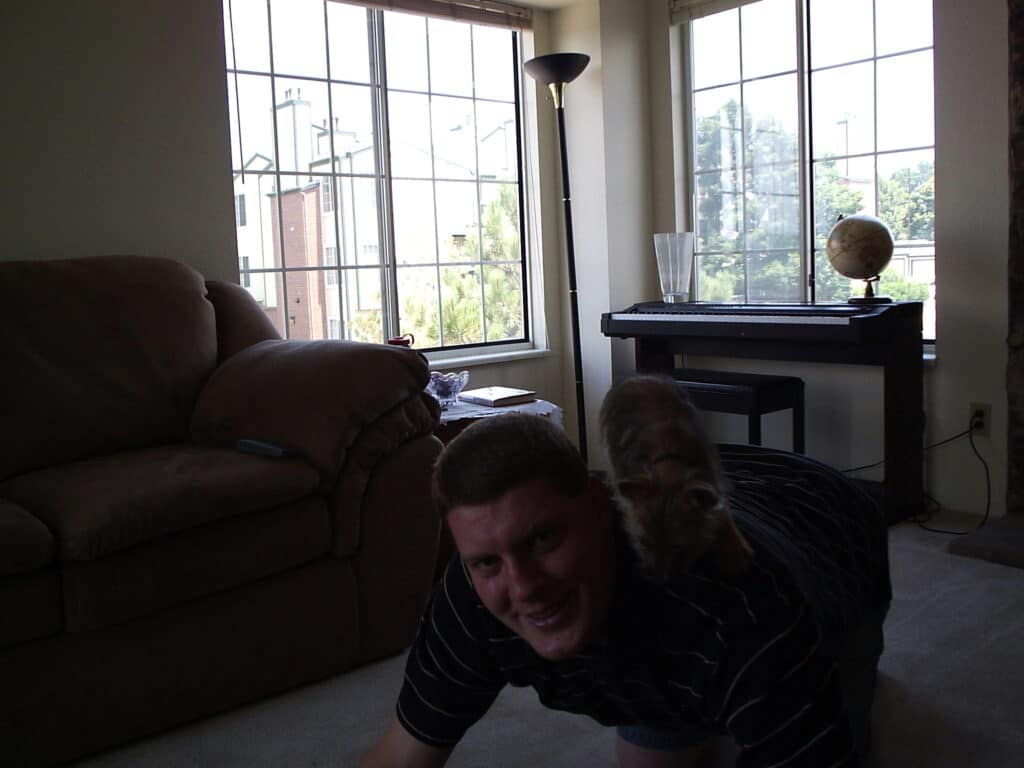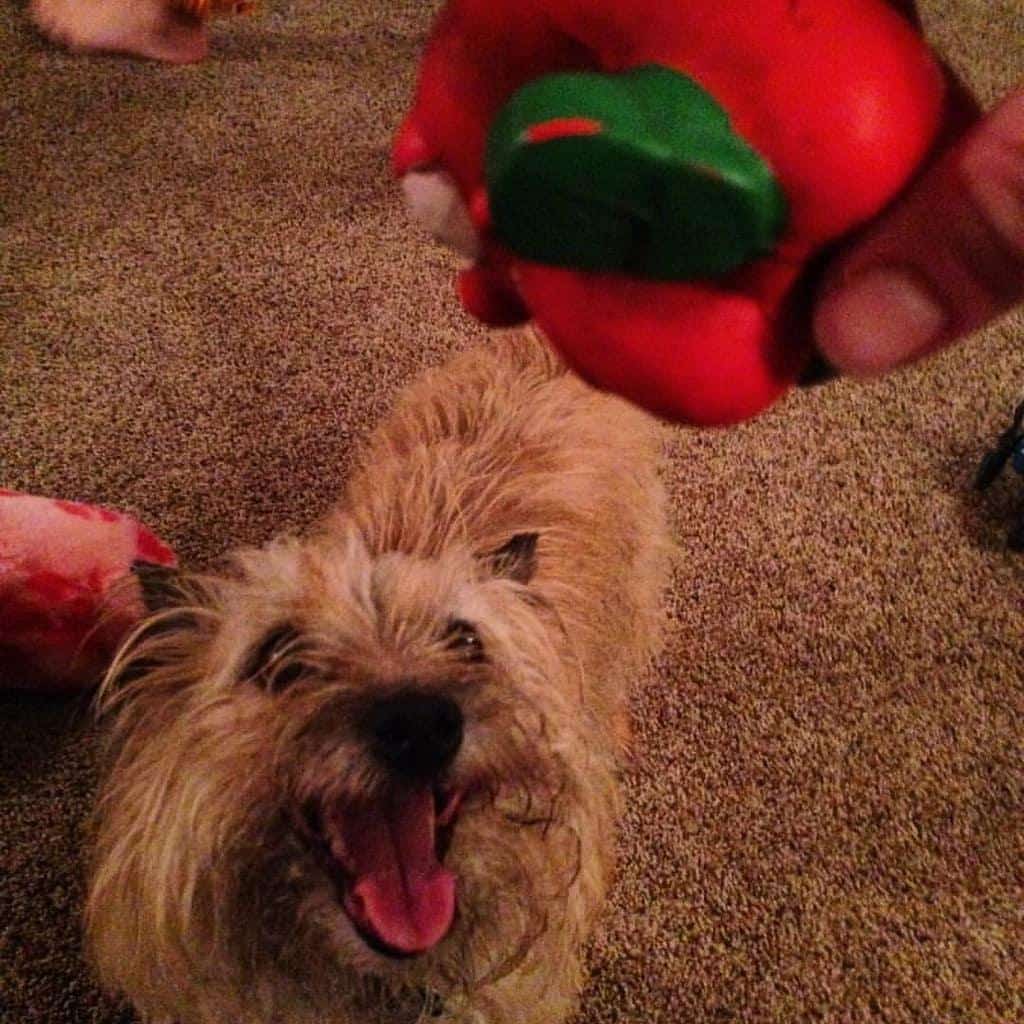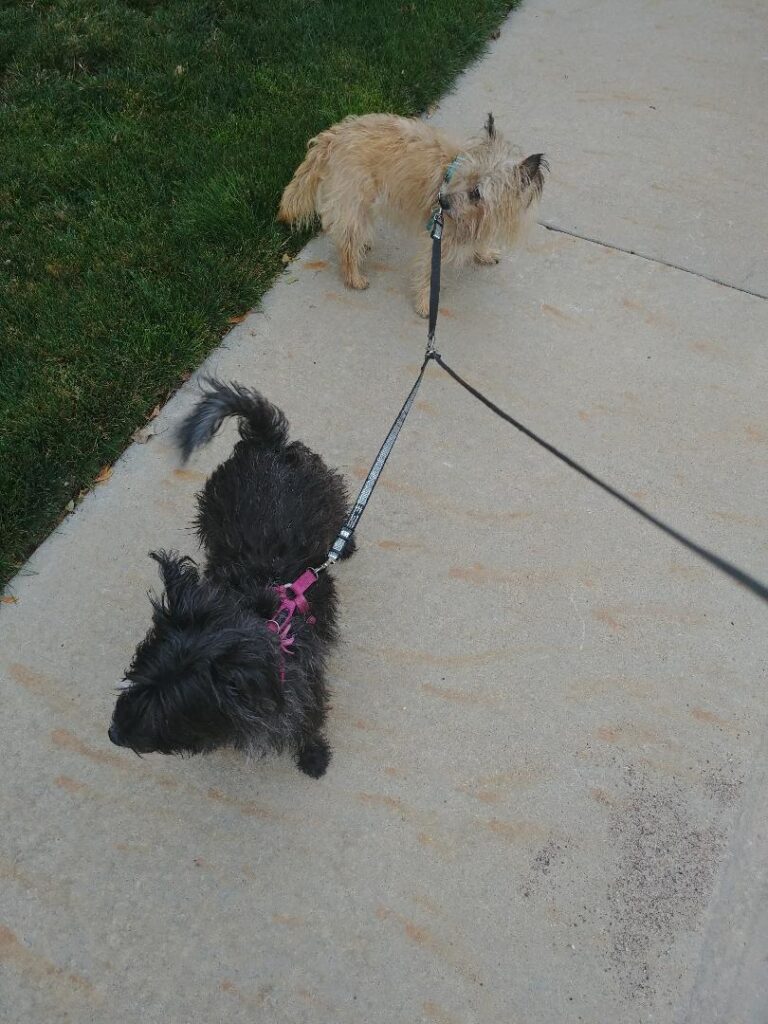
I often discuss the virtue of planning ahead, so that you are not stuck with the default rules about who gets assets after you pass away. Many of what I discuss focuses on how you may want different things to happen with your assets than the default rules set up by the Colorado legislature, but there is a lot more to consider when death arrives than just planning for assets. Death can have a severe emotional impact.
I have tried to prepare my family for the impact of death over the course of their lives. We used to have a petting zoo / farm that was not that far away from our home. We would go visit and give the sheep and goats a treat, like a carrot or a piece of celery. When my children were little, they loved to go visit the animals. One goat was clearly the dominant male and he had big horns compared to the other goat. He was a bit of a grumpy goat, almost like a “Billy Goat Gruff,” and we would call him the “Daddy Goat.” He often stayed away when we brought treats until he realized we were bringing food, and then he would come up to get the food from us. We thought we had perhaps won him over. And then, one day, the “Daddy Goat” was not there. My kids asked about the “Daddy Goat,” and we asked the owners of the farm about the “Daddy Goat’s” whereabouts. Apparently the “Daddy Goat” was quite old, and had passed on. We told our children and they responded, “Daddy Goat Died” in the cute voices of small children.
We had never really discussed or considered how to introduce death to our children, but this was it.
The “Daddy Goat” had died, and instead of trying to district our children, or to tell them a different story, we went with simply telling our children the “Daddy Goat” had died.
A few years later, we were caring for the lambs born to a friend whose farm was a block and a half away from our house. Our friend went on vacation and asked us to care for the lambs, while another friend stayed in the house. Over the course of several days, the lambs seemed to be getting weaker, despite us feeding them every day. And, eventually, three of the lambs passed away. Apparently the lambs owner had given us the incorrect formula, so the lambs were not getting the nutrition they needed to live. The woman watching the house was quite concerned and wanted us to keep our children away. We declined and brought the children up to see the lambs and say good-bye. The children were attached to the lambs, but it was another good introduction to death for them, one that was a bit more impactful, but not devastating.
And then came a day I had been dreading for almost 14 years…the first dog I had ever owned with my wife passed on. The puppy dog has been with us for almost 14 years and we all loved the dog. She was a very smart dog and we bought her before we had children. She helped my wife survive all of her pregnancies, and she would come get me in an almost panicked state if my wife was sick during pregnancy. The doggie helped make us a family and she took care of all of us when we were sick or sad and she was so gentle with the children. She once took 3 hours to cross a room half a paw length at a time to get an autistic child of a family friend who was scared of dogs to pet her. She converted the autistic child to her friend and was the best dog we could ever ask for. One Tuesday morning she did not want to go on a morning walk, which was strange because she loved walks. By that afternoon she was unable to stand up or sit down, and by that evening I held her in my arms as they gave her the shots to end her pain and suffering from her sudden illness. I cried as they administered the medicines to end my puppy dog’s life and cried myself to sleep that night, as did my wife and the rest of my family.
Plans In Place Help, Even if The Plans Cannot Fix Everything
 I grew up with dogs and I had lost dogs previously, but still nothing prepared me for losing that puppy dog, who was my dog, not a dog I had to share with my parents or siblings. I gladly shared the dog with my wife and my children, but the dog always knew I was the “alpha” of the family and always was partial to me. We purchased her during a summer that I was not in classes for law school, so I was home a lot of the time and I house trained her, played with her, and took her on long walks. She was my best little doggie friend, but nothing I knew about losing a dog prepared me for losing her.
I grew up with dogs and I had lost dogs previously, but still nothing prepared me for losing that puppy dog, who was my dog, not a dog I had to share with my parents or siblings. I gladly shared the dog with my wife and my children, but the dog always knew I was the “alpha” of the family and always was partial to me. We purchased her during a summer that I was not in classes for law school, so I was home a lot of the time and I house trained her, played with her, and took her on long walks. She was my best little doggie friend, but nothing I knew about losing a dog prepared me for losing her.
Our efforts to introduce our children to death through the “Daddy Goat” and the lambs also did little to console our family or my wife, who did not grow up with pets. A couple of days after we lost our puppy my wife was sitting on our bed crying. She told me that she just wanted to have her doggie come and comfort her and it was very unfair that the very dog that could make things better was the source of her sadness. I completely understood what she was saying, but there really wasn’t much I could do. We spent a lot of time with our other dog, but the other dog was quite sad, too. The other dog had grown up with the older dog, and she missed her friend. The other dog even stopped eating because she was so sad her friend had died. The best laid plans we had implemented up to that time had failed us at that moment, as we were all sad, but I think that is what happens when a beloved dog passes away. If we hadn’t been sad to lose her, I would be concerned that we had not loved the dog, but perhaps that is the price we pay for loving a dog, or another family member, like a parent, grandparent, or other family member we may lose at some point.

Remembering and Honoring Our Loved Ones as Best We Can
When someone close to us passes away, we all want the world to stop and take notice, and we want the deceased’s memory to be honored and cherished. However, not everyone has the same level of attachment to our loved ones as we do, and the rest of the world will move on faster than those most impacted by the death of a loved one.
The rest of the world will want bills to be paid, accounts closed out, and assets transferred or sold to cover debts. These actions may seem heartless and unfeeling to the family members most impacted by the death of a loved one, but mostly the actions are those of businesses and everyday people going about their lives. Two days after I lost my puppy dog, I had to go meet with a client and get a trust signed. The people signing the trust were in their 90s and needed to get their estate plan in place, and that appointment was scheduled long before we knew we would have to say good-bye to our puppy dog. I went and did the meeting and my clients were very understanding of the tough spot I was in. They expressed their condolences and tried to understand what I was going through. They shared they had lost their dog many years before and knew what it was like. I appreciated their understanding, and I appreciated it. I do still have a picture of my departed dog on my phone, 6 years later, to remember her.
My then 10 year old daughter carried a picture of the dog with her to school for several weeks after we lost our dog. If someone asked why she seemed sad or wasn’t as happy as she normally acted, she would point to the picture of the dog that she kept. Over time, the pain of the loss of our dog has faded, but we still miss her. We did find another dog to be a companion to our sad surviving dog, and those two dogs are best friends now, so we have moved on in life, but we still miss our first dog and will probably do so until we pass on and join her in the next life.
Plan Now, So Your Plan is Ready to Help Those In a Tough Spot
 Of course, when you are planning your estate, you are planning for a time when your loving family, your survivors, will be in similar emotional pain. The last thing your loved ones will want to think about is what to do with your money, assets, house, and stuff. They will be saddened that you are gone, and they will want the world to stop and be with them, the way everything stopped for me when I held my puppy as the veterinarian put her to sleep. Your estate plan can give your family the necessary time and space to grieve, and then deal with the money part when they are ready.
Of course, when you are planning your estate, you are planning for a time when your loving family, your survivors, will be in similar emotional pain. The last thing your loved ones will want to think about is what to do with your money, assets, house, and stuff. They will be saddened that you are gone, and they will want the world to stop and be with them, the way everything stopped for me when I held my puppy as the veterinarian put her to sleep. Your estate plan can give your family the necessary time and space to grieve, and then deal with the money part when they are ready.
Courts have deadlines to file a will and start the probate process, but the deadlines to get things started aren’t exactly strictly enforced. Once the process is started, deadlines are important and need to be met, but meeting the deadlines is much easier to do if you are not actively mourning and in pain from the death of a loved one. We all want the world to stop and remember someone who has passed on, but that may not be possible. Just like I wanted the whole world to stop while I healed from the loss of my puppy dog, we all want the world to stop as we mourn those we lost. As I learned – much to my dismay – that is usually not possible, as we mourn our loved ones more than those who did not know them as well.
Create Hope By Planning For The Unthinkable
However, you can set up your estate plan to give your loved ones the time and space to mourn you and remember you, so that the emotional toll of your passing is not overwhelming and so burdensome that nothing gets done. Your estate plan will help your loved ones remember you fondly and give them the necessary time to do what they need to remember you. But, this is only true if you set everything up before the emotional difficulty involved in your passing away.
Nobody likes it when someone, or something in my case my dog, they love dies, and an estate plan cannot take away the pain of death, but a properly constructed estate plan can remove the worry about assets, money, and all of the necessary, but more obnoxious, parts about death. To start getting your estate plan set up, and letting your family mourn you as they need, click the button below.

 720-730-7274
720-730-7274









